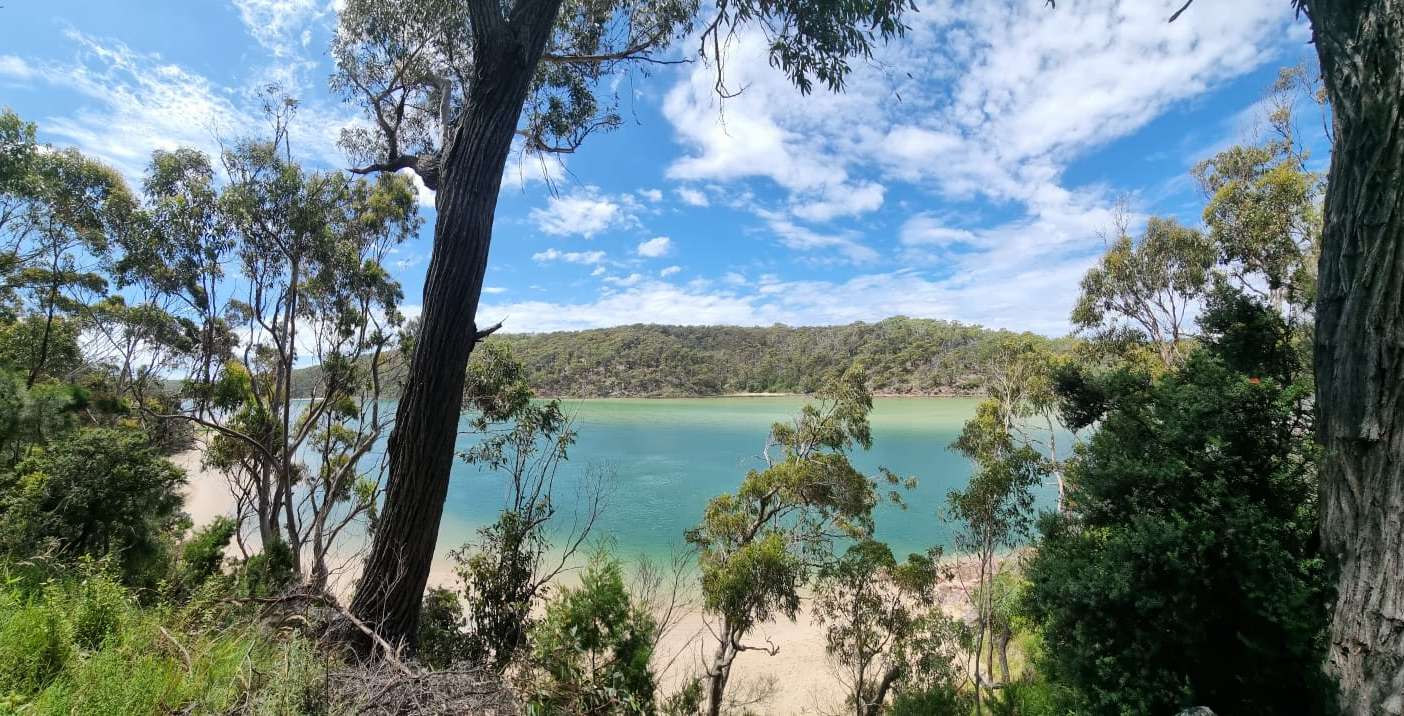Originally this was titled “intersection” but I have changed to “confluence” at the suggestion of a friend. Much more emergent and flowing, not so linear and angular.
I became interested in mindfulness, self-compassion and modern pain neuroscience at approximately the same time several years ago. At the time I thought the mindfulness/self-compassion and what I call Pain Explained were both fascinating, incredibly beneficial but completely separate concepts. Over the last couple of years as I have refined and run my Pain Explained courses a few times I am finding the three frameworks just integrate so beautifully. Folk can just dip their toe in one of the frameworks or there are some of you who have deeply submerged in all three with me. In this blog I wanted to introduce a podcast, a couple of books and some meditations they have inspired me to record.
Jon Kabat-Zinn will be familiar to many of you as the founder of MBSR (Mindfulness Based Stress Reduction). He has just put out a little book Mindfulness Meditation for Pain relief which is gorgeous in terms of its wise words, delightful watercolour illustrations and even the feel of the pages. Even as a teacher of MBSR of many years I found it truly inspiring, nourishing and thoroughly enjoyed the meditations in his very New York accent. It has kindled a little desire in me to one day run an MBSR course targeted to chronic pain.
Dr Christiane Wolf is a fellow MBSR and MSC teacher and a physician and on the Podcast: Ten Percent Happier with Dan Harris & Christiane Wolf. It is clear that she is well educated in modern pain neuroscience and I feel a lot of kinship with her. Her book Outsmart your Pain is a lovely introduction to mindfulness and self-compassion for chronic pain, particularly if you are familiar with Pain Explained. The book explores our identification with pain and ways to change that relationship. It examines the thoughts, emotions and body sensations that can hugely influence our pain experience and ways that mindfulness and self-compassion can help and support us. Noticing our experience sounds ordinary but it is at the core of mindfulness… and holding that in kindness and the sense of common humanity brings in the self-compassion piece. There are also chapters specifically on dealing with some the big emotions that come along for the ride with chronic pain like sadness, grief, anger and resentment. The final part ends with a lovely description of how although chronic pain is not a path anyone is likely to choose, if we can remain open and curious, amazing transformation can emerge. For me personally, if I had not experienced several years of chronic pain in the past, I would not be running the pain course or writing this blog!
I hope you enjoy these meditations that I’ve recorded inspired by these two amazing meditation teachers and authors. They are also posted on the Pain Explained Resources page. If you feel inclined to make a small donation to enable those in need to access my courses, you can do so here.
I am not my Pain (15 minutes)
The Pain Story – (16 minutes)
Breaking down the Pain Experience – (28 minutes)
Self-Compassion Break for Pain (9 minutes)
You are Not Alone for Pain (12 minutes)
Kindness Body Scan for Pain (15 minutes)
Yes, There is Pain AND… (13 minutes)
And more.
Here are links to my courses: Pain to Peace (MBSR for Pain), Mindfulness & Pain Explained audio course , Mindful Self Compassion, Mindfulness Based Stress Reduction,
Insight Timer Premium Mindfulness & Pain Explained course:



6 Comments
Emma
This blog is great, as someone who has completed the pain course and now begun MBSC it really brings things together. Before starting these courses I had no idea of the background of MBSR, and appreciate all the resources you mention here. The meditations are also very helpful, especially ‘you are not alone for pain’ and ‘I am not my pain’
Adele Stewart
Lovely to hear thanks Emma.
Jennifer
The courses you offer have transformed my life Adele. The improvements to my general health and well being since practicing mindful awareness have not only benefited me personally, they have flowed through to the people around me. I have become more flexible and productive in my work and most importantly have improved my relationships with the people I care about.
I have a strong commitment to regular practice. Your guidance and recordings have made this achievable, convenient and rewarding.
Adele Stewart
Wonderful thanks Jen!
Glenn
I couldn’t agree more with you Adele, that the confluence of each of these disciplines seem critical for developing well-being after chronic illness. I can speak to the neuroscience of pain, which I am indebted to those who have provided support in that area. The next part after reducing pain however was introducing mindful attention but more challengingly, self compassion. Letting go of the grip of pain is one thing, but caring for the one suffering was a whole other learning and I’m pleased to be continually engaged in the ’emotional’ repair work, so easily missed but a critical aspect of recovery in my experience.
Adele Stewart
Sooo important Glenn!
Comments are closed.